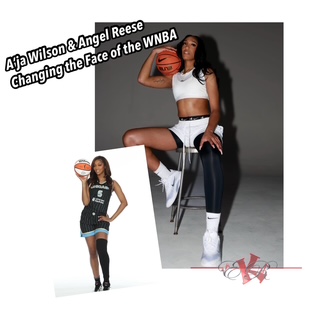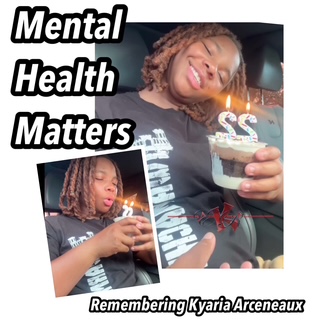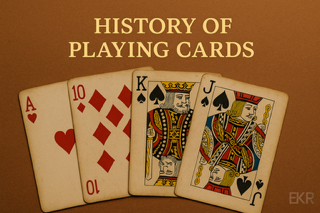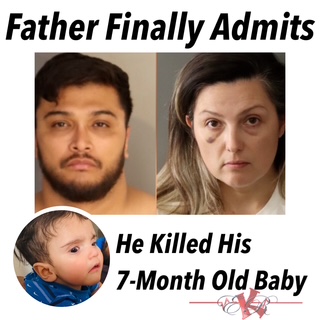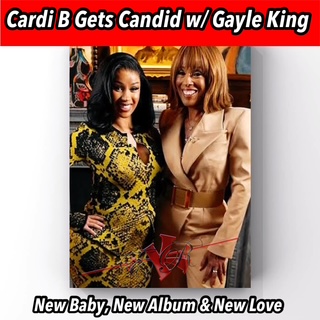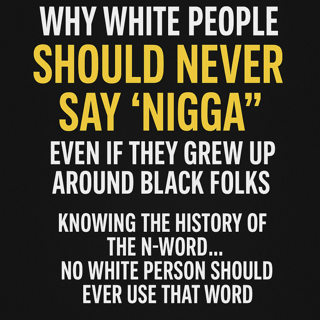
Please note: This blog is my opinion/ and should strictly be viewed as commentary.
Let’s talk about something that continues to spark heated debates: white people using the N-word—specifically, “nigga.”
You’ll often hear the same excuse:
“I grew up around Black people. I don’t mean any harm. It’s just how we talk.”
There was a local post that went viral a few days ago and everybody is talking about it because the lady who made the post used “N-word” in the caption (even though people are saying it was only “song lyrics”). Click here to visit the >>> FB post
But let’s make one thing clear: intent doesn’t erase impact. Even if you don’t “mean it like that,” the weight of the word doesn’t change just because you feel comfortable saying it.
A Brief History Lesson: The Origin of the N-Word
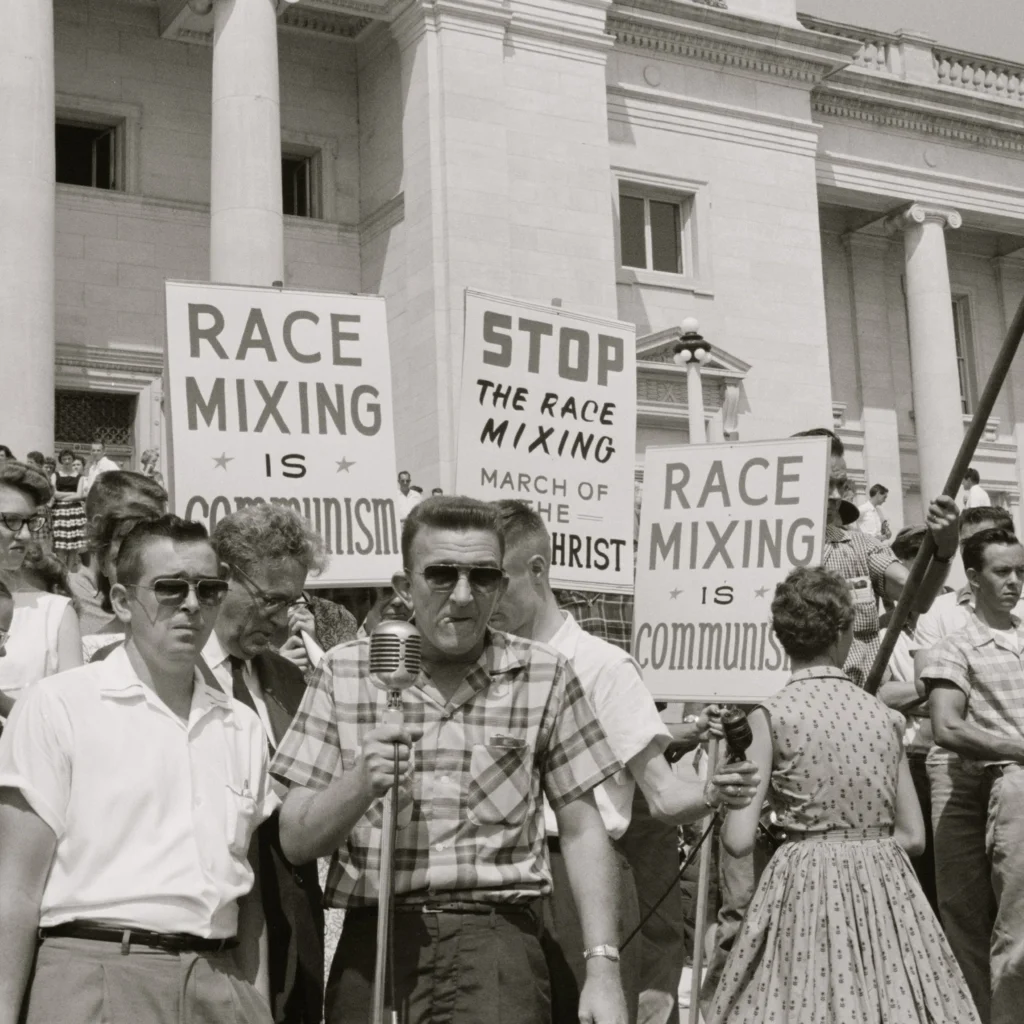
The word “nigger” stems from the Spanish and Portuguese word “negro,” meaning black. It was twisted into a slur during the transatlantic slave trade, weaponized to dehumanize and degrade African people. It was never just a “word”—it was a verbal whip used to reinforce white supremacy, remind Black folks of their place in the racial hierarchy, and strip them of their humanity.

Over time, Black communities reclaimed and redefined the term “nigga” to mean something entirely different. It became a term of endearment, brotherhood, and shared struggle. But this cultural reclamation does not include white people. Period.
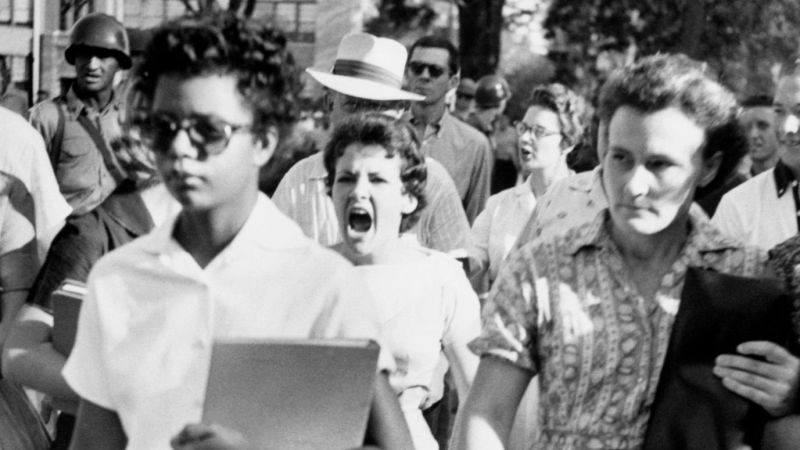
“But I’m Not Racist… I Grew Up in the Hood!”
Let’s break this down.
Just because you were raised around Black folks doesn’t mean you get a pass to use our language. Culture is not a costume you can put on and take off when it’s convenient. You may feel connected to the environment, but you will never carry the same burdens that Black people do when it comes to that word.
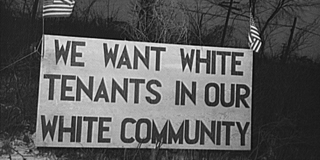
Ask yourself this:
Can you say the word and not fear consequences from another black person who may not know you personally or even the police?
Can you say it in a job interview or courtroom and not be judged differently?
Do you live with the generational trauma that word carries?
If the answer is “no”—then the word isn’t yours to use.
The Real Reason It’s a Problem
Using the N-word as a non-Black person isn’t just about being “cool” or “fitting in”—it’s about privilege. You’re taking something deeply painful and flipping it for your comfort. That’s the very definition of cultural appropriation.

If you respect the culture, you respect the boundaries.
And if Black people are telling you, “Don’t say that word,” it’s not up for debate.
This isn’t about canceling anyone. This is about accountability!
It’s about understanding the pain behind the word, not just the pass you think you have.
So even if your Black friends “let you say it,” understand that doesn’t make it right. One friend doesn’t speak for an entire culture. And the fact that you want to say it so badly says a lot more about you than the word itself ever could.
Let’s Stop Giving Out Passes!!!
One of the biggest problems we need to address within our own community is this: some Black people are out here giving SOME white folks a “pass” to say the N-word. Whether it’s out of comfort, friendship, or just letting it slide—it’s not okay.
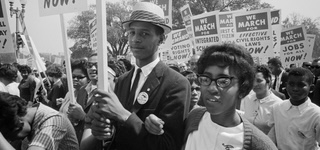
Just because you’ve got a white friend who “acts Black” or “grew up in the hood” doesn’t mean they get to use a word rooted in our pain and oppression. When we give out passes, we’re not being inclusive—we’re disrespecting our ancestors and watering down the history of the word.
We have to hold the line. We have to educate—not excuse.
Because once you give one person permission, you’re sending a message that the trauma behind that word doesn’t matter. And it does.
Quote to Consider
“The moment you say ‘I don’t mean it in a racist way,’ you already know you shouldn’t be saying it.” – Unknown
Racism Really Wasn’t That Long Ago
Let’s stop acting like racism is ancient history. Our grandparents and great-grandparents lived through Jim Crow, segregation, redlining, and outright violence—and many of those systems are still affecting us today. From policing to education to healthcare, the effects of systemic racism are real and ongoing.
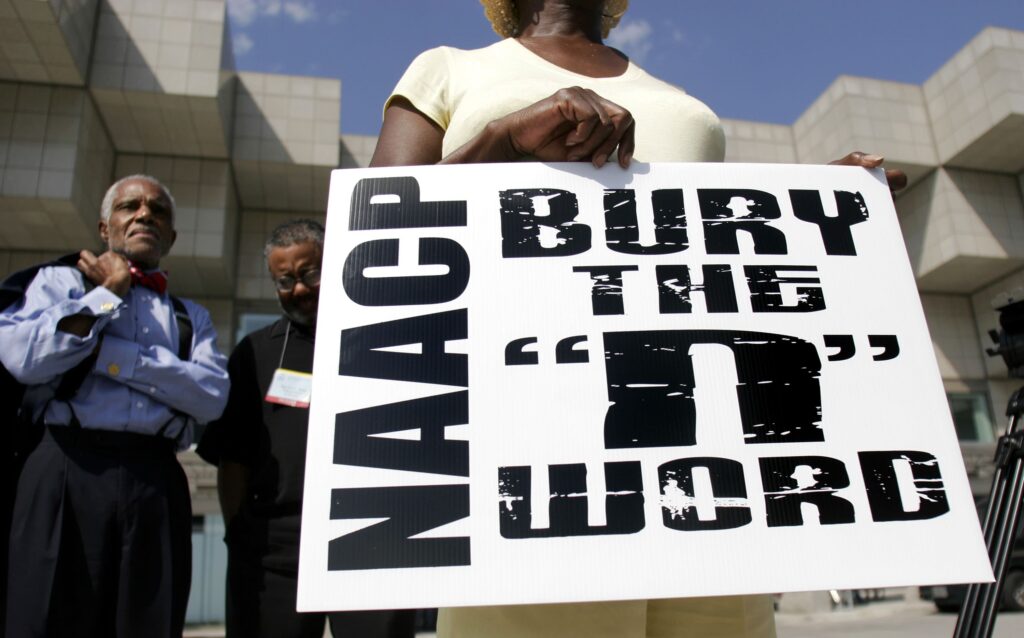
The N-word didn’t magically lose its power just because it got flipped in a rap song. That word is tied to a legacy of whips, chains, lynchings, and laws that said Black people were less than human. That trauma doesn’t just disappear with time—it passes down. We carry it in our bodies, our families, our communities.
So when someone who doesn’t carry that pain tries to casually use the word, it’s a slap in the face.
It’s not about “getting over it.”
It’s about not forgetting where we came from—and what we’re still fighting through.
*** Comment below (or on any blog post) for a chance to win a $50 cash (Cash App, Zelle, Venmo) or a Visa Gift Card. Comment must be relevant to the blog you are commenting on and you must enter a valid email address.




